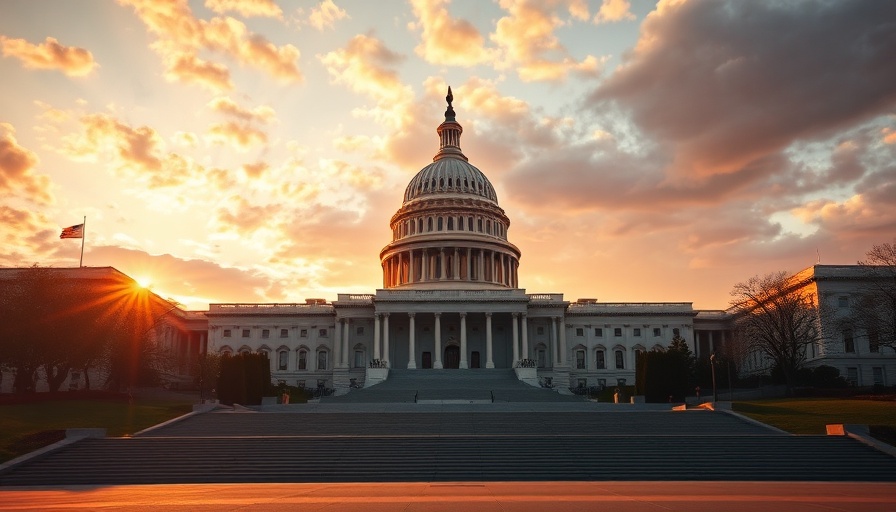
The Impending Changes in U.S. Healthcare Under the Trump Administration
As the Trump administration gears up with nominees in pivotal health care positions, organizations operating within the healthcare sphere are brimming with both expectation and anxiety. Healthcare groups are adjusting their strategies, keenly observing how the proposed changes in Medicare and Medicaid regulations could reshape patient interactions and financial dynamics in concierge medicine.
Who Are the Key Players?
Recent nominations have put a spotlight on individuals like Robert F. Kennedy Jr., nominated to lead the U.S. Department of Health and Human Services (HHS), and Mehmet Oz, MD, as head of the Centers for Medicare & Medicaid Services (CMS). Each brings a unique set of priorities that may influence how healthcare is delivered and funded. For instance, Kennedy is anticipated to bring a focus on managing chronic diseases and potentially embracing non-traditional health policies—notably beneficial for concierge practices that often cater to patients needing tailored care.
The Trust Factor: Navigating Policy Changes
For the medical community, trust in scientific integrity remains paramount. The Alliance for Aging Research has expressed concerns about recent executive orders impacting science grants. These grants are vital for fostering innovations in medical research. If funding is curtailed, the implications could ripple through patient care, eventually affecting the breadth of services that concierge practices can offer. To thrive, practitioners will need to keep abreast of these shifts to maintain quality of care and access to cutting-edge treatments.
Looking Back: A Glimpse at Past Policies
Drawing insights from the first term of Trump’s presidency offers a telling forecast. He previously expressed interest in enforcing most-favored nations policies for drug pricing, which had the potential for significant ramifications on how medications are priced domestically. This focus on drug costs could resonate strongly with concierge practices that pride themselves on offering cost-effective, premium care. It prompts the question—how can medical practices prepare when faced with fluctuating medication prices?
Potential Policy Impacts on Concierge Medicine
Concierge practices may find themselves navigating a unique landscape in light of anticipated policy reforms. With proposed reforms aimed at maximizing efficiency in Medicare and Medicaid, such changes could lead to a reevaluation of billing processes and service offerings in these settings. Moreover, if Kennedy and Oz prioritize chronic care management and vitamin supplementation—two areas that thrive in concierge settings—it might open doors for practices to enhance their service portfolios, catering to a more health-conscious clientele.
Taking Stock: Strategic Adaptation in Uncertain Times
For concierge practice owners, adapting to ever-evolving health policies is crucial. A proactive approach in financial management and patient service alignment is key. For instance, considering memberships that empower patients through preventative care could improve patient retention and satisfaction. Furthermore, diversifying the types of services offered can also position practices favorably in response to potential changes in coverage and reimbursement.
Engaging with Healthcare Organizations
To maintain standing as a top concierge practice, collaboration with healthcare organizations can be invaluable. This partnership not only enhances patient outreach but also provides strategic insight into navigating the shifting healthcare terrain shaped by the new administration. Engaging in dialogues regarding healthcare legislation could position owners as though leaders capable of addressing both healthcare complexities and patient needs.
Conclusion: The Future Awaits
While uncertainty looms over the future of U.S. healthcare, understanding the potential implications of the new administration’s policies can empower concierge practice owners. By remaining informed and adaptive to these changes, practices can secure their foothold as premier healthcare providers in their communities. Embracing a culture of strategic resilience is essential for not just surviving but thriving amidst the evolving health landscape.
 Add Row
Add Row  Add
Add 




Write A Comment